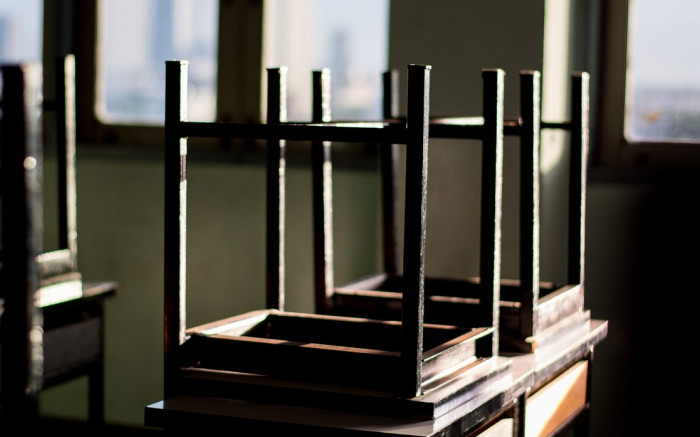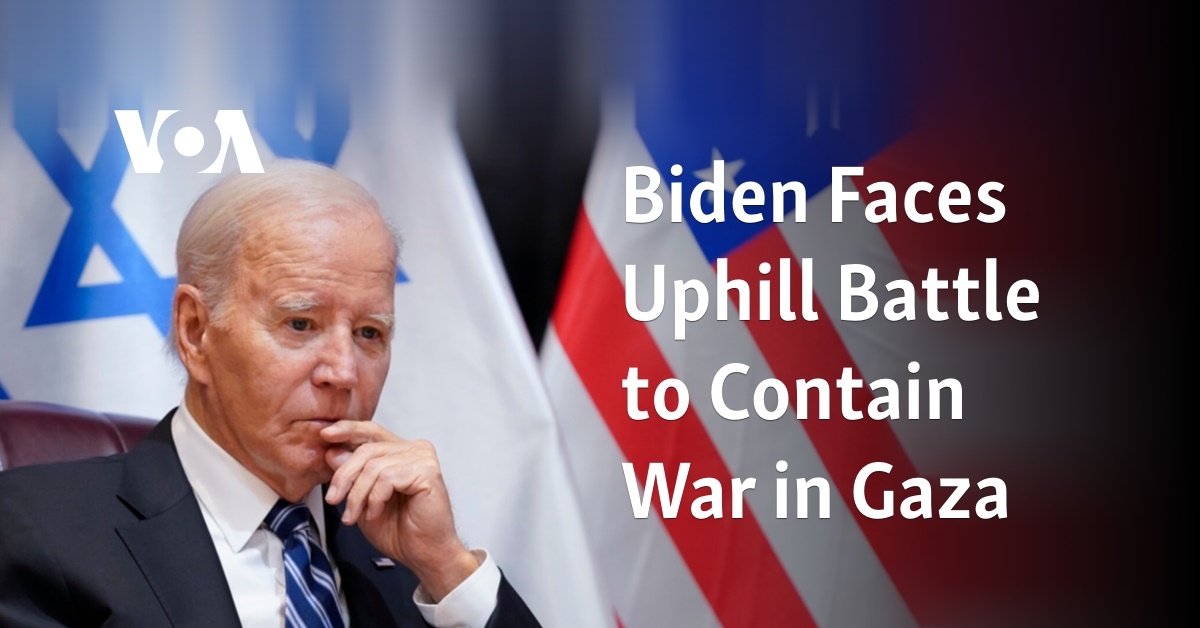
President Vladimir Putin extended his rule over Russia in a landslide election whose outcome was never in doubt. He declared on Monday his determination to push deeper into Ukraine and threatened the West with new threats.
After the harshest crackdown on dissent since the Soviet era, early feedback made it clear that Putin’s nearly quarter-century rule would be continued with a fifth term in office, giving him six more years. Still, Russians heeded a call to protest Putin’s repression and war in Ukraine by showing up at polling stations at midday on Sunday.
After counting all precincts on Monday, election officials said Putin had secured a record number of votes, underscoring his total control of the political system. US and other Western leaders condemned the election as fraudulent.
U.S. national security adviser Jake Sullivan said there was “nothing free or fair” about the election but appeared to defy calls from the Russian opposition not to recognize Putin as the winner.
In the run-up to the election, Putin’s main political enemy, Alexei Navalny, died in an Arctic penal colony, anti-war candidates were barred from voting and independent voices were silenced by a Kremlin-backed media blockade. No independent monitoring organization was able to monitor the election and analysts said online polls meant the vote was highly vulnerable to manipulation. Any public criticism of Putin or his war in Ukraine was suppressed.
Putin performed in Red Square in the heart of Moscow on Monday evening at a concert marking the 10th year since his annexation of Crimea from Ukraine. Putin’s three symbolic challengers for the presidency appeared on stage alongside him and publicly supported him after none of them criticized him during the campaign.
Putin has led Russia as president or prime minister since December 1999. At the end of his fifth term, he would be the longest-serving Russian leader since Catherine the Great, who ruled in the 18th century.
Emboldened by his stunning victory, Putin said he plans to create a buffer zone in Ukraine to protect Russia from cross-border shelling and attacks. Asked whether there could be an open conflict between Russia and NATO, Putin replied curtly: “In today’s world, anything is possible.” He added: “It is clear to everyone that this will take us a step away from the full third World War will be away.”
Russian officials said they recruited over 500,000 volunteers for the army last year, but many expect Putin will mobilize more forces to try to push deeper into Ukraine. Analysts say Russian authorities could also introduce unpopular measures such as tax increases in the post-election period.
The Kremlin is now “increasingly confident” because it has “learned how passive the population is and how effective its own repression is,” said Nigel Gould-Davies, a senior fellow at the International Institute for Strategic Studies in London.
Russia’s Central Election Commission said Monday that Putin received 87% of the vote when all electoral districts were counted. The head of the Central Election Commission, Ella Pamfilova, said that almost 76 million voters cast their votes for Putin.
At least 249 people were arrested in illegally annexed regions of Ukraine for refusing to take part in the vote and for criticizing Russian authorities, according to the Ukrainian East human rights group.
“Voting in the occupied territories took place literally at gunpoint, as members of electoral commissions accompanied by military officers went door-to-door with weapons,” said Pavlo Lysianskyi, head of the group.
Ukrainian President Volodymyr Zelensky criticized the elections and voting in the illegally annexed territories, saying: “Everything Russia does in the occupied territory of Ukraine is a crime.”
Germany also sharply criticized the vote. “Russia, as the Chancellor already said, is now a dictatorship and is ruled authoritarianly by Vladimir Putin,” said Chancellor Olaf Scholz’s spokeswoman, Christina Hoffmann.
Chinese President Xi Jinping, Indian Prime Minister Narendra Modi and Turkish President Recep Tayyip Erdogan congratulated Putin, as did North Korean leader Kim Jong Un and the presidents of countries with historical and current ties to Russia, such as Azerbaijan and Belarus.
Navalny’s aides urged those dissatisfied with Putin or the war to go to the polls at midday on Sunday – and by that time the queues outside a number of polling stations both within Russia and outside its embassies around the world appeared to be growing to become.
Navalny’s widow Yulia Navalnaya, who spent more than five hours in line at the Russian embassy in Berlin, told reporters she wrote her late husband’s name on her ballot.
When asked if she had a message for Putin, Navalnaya replied: “Please stop demanding messages from me or from anyone for Mr. Putin.” There could be no negotiations or anything with Mr. Putin because he is a Murderer, he’s a gangster.”
Putin mentioned Navalny by name at the news conference for the first time in years and said he had agreed to release him in exchange for unidentified detainees in Western custody just days before the opposition leader’s death.
Sullivan, the US national security adviser, denied these claims. During a White House briefing on Monday, he told reporters that U.S. officials had been talking to Russia for “months and years” about releasing American prisoners, “but in none of those conversations did they hear any Russian official mention Navalny as part of a prisoner exchange.” addressed”.
Supporters of Navalny flocked to his grave in Moscow, some bringing ballot papers with his name written on them.
The Russian leader denied the effectiveness of the apparent protest and dismissed Western criticism of the vote. Instead, he sought to turn the tables on the West by alleging that the four criminal cases against former President Donald Trump represented a use of the justice system for political purposes.
“The whole world is laughing about it,” he said.
Some people told the AP that they would have happily voted for Putin — no surprise in a country where state television praises the Russian leader and expressing a different opinion is risky.
Dmitri Sergienko, who cast his vote in Moscow, said: “I am happy with everything and I want everything to continue as it is now.”
Voting took place over three days at polling stations across the vast country, in illegally annexed regions of Ukraine and online.
Several people were arrested, including in Moscow and St. Petersburg, after attempting to set fires or detonate explosives at polling stations, while several others were detained for throwing green antiseptic or ink into ballot boxes. Many more were arrested by police for attempting to protest.
The OVD-Info group, which monitors political arrests, said about 90 people were arrested in 22 cities across Russia on Sunday.
Stanislav Andreychuk, co-chair of the independent election watchdog Golos, said Russians were searched as they entered polling stations to vote.
By midday, huge queues formed outside diplomatic missions in London, Berlin, Paris and other cities with large Russian communities, many of whom left their homes after Putin’s invasion of Ukraine.
___
This story has been updated to correct that Putin mentioned Navalny by name for the first time in years in his remarks after polls closed.
___
Follow AP’s coverage of the Russian election: https://apnews.com/hub/russia-election






Recent Comments